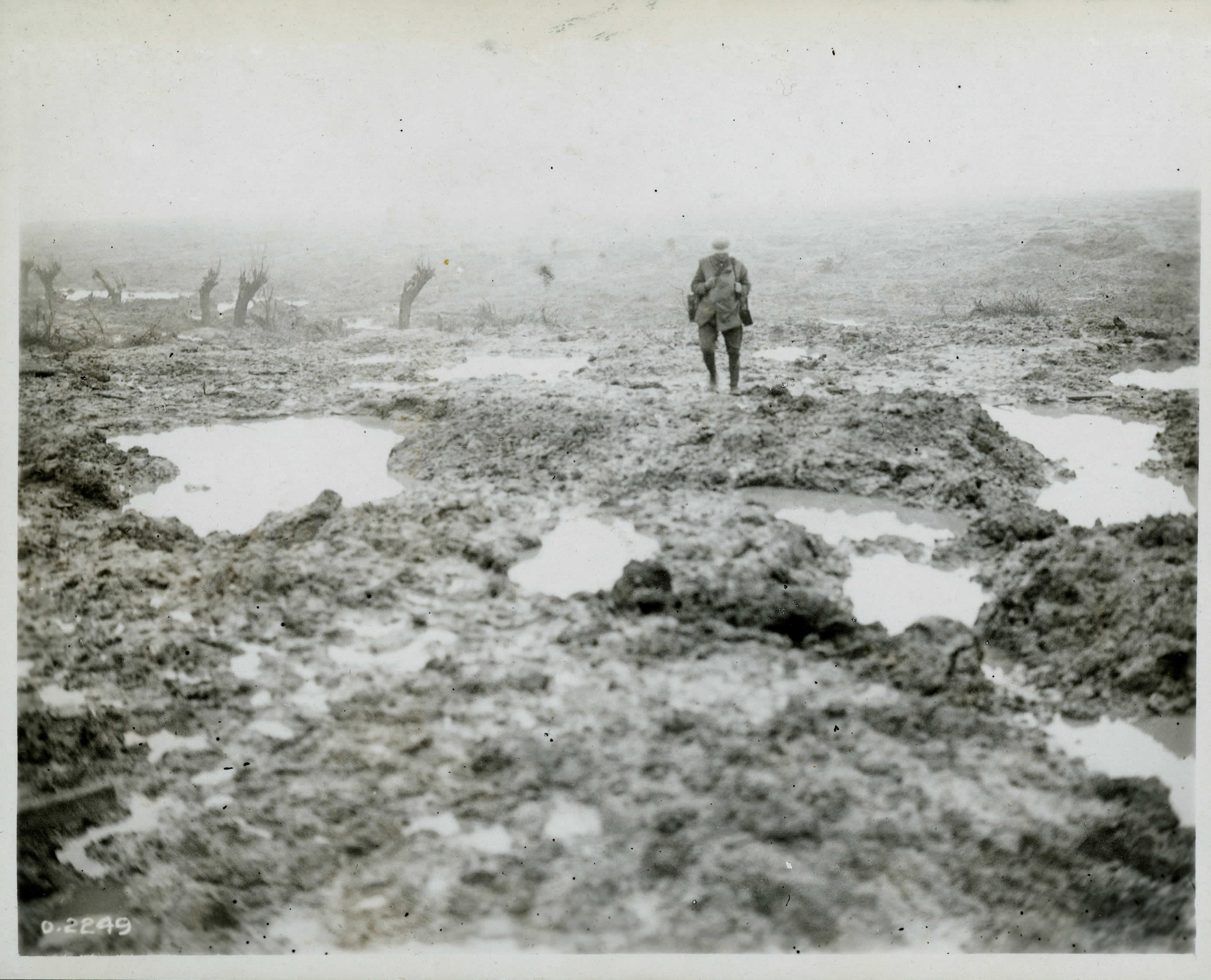sendos
Immortal
I have an interesting question for avid fans of history: which era do you believe would have been the worst time to be a soldier?
I rate worst based on but not limited to:
- likelihood of death in each engagement/battle;
- variety of ways to die (including disease);
- consequences of becoming a prisoner of war;
- long lasting injuries; and
- method of fighting.
My view is that the worst possible time to be a soldier was the Renaissance/Industrial era, being a line infantryman or light horse, with WWI being close 2nd. My reasons are as follows:
1. It was an era where guns were plenty but the common strategy was for soldiers to literally stand under live fire from bullets and cannons, and shoot back with guns that take ages to reload (over time this was improved). Very occasionally you had cover.
2. If you were in the cavalry division, almost always it is a suicide charge into live fire, cannons and bayonets.
3. Guns at that era had a high chance to misfire and explode in your face.
4. Medicine took a backward step (think 4 humours) and new diseases were still lethal if not crippling.
5. Leaders started leading from the back, sometimes not anywhere near battles, meaning as a soldier, you were just a pawn on their battlemap.
6. No protection. Fancy bright uniforms worn to battle.
7. More likely to get blown to bits.
I am sure there are other reasons too.
Ancient and medieval warfare was also pretty bad, but at least you had a shield and sometimes good armor to protect yourself. Sieges would have been annoying and of course medicine was basic.
20th century warfare, excluding WWI, would have been horrifying, but at least soldiers are trained on taking cover and medicine improved. The same goes for modern day warfare.
What are your thoughts?
I rate worst based on but not limited to:
- likelihood of death in each engagement/battle;
- variety of ways to die (including disease);
- consequences of becoming a prisoner of war;
- long lasting injuries; and
- method of fighting.
My view is that the worst possible time to be a soldier was the Renaissance/Industrial era, being a line infantryman or light horse, with WWI being close 2nd. My reasons are as follows:
1. It was an era where guns were plenty but the common strategy was for soldiers to literally stand under live fire from bullets and cannons, and shoot back with guns that take ages to reload (over time this was improved). Very occasionally you had cover.
2. If you were in the cavalry division, almost always it is a suicide charge into live fire, cannons and bayonets.
3. Guns at that era had a high chance to misfire and explode in your face.
4. Medicine took a backward step (think 4 humours) and new diseases were still lethal if not crippling.
5. Leaders started leading from the back, sometimes not anywhere near battles, meaning as a soldier, you were just a pawn on their battlemap.
6. No protection. Fancy bright uniforms worn to battle.
7. More likely to get blown to bits.
I am sure there are other reasons too.
Ancient and medieval warfare was also pretty bad, but at least you had a shield and sometimes good armor to protect yourself. Sieges would have been annoying and of course medicine was basic.
20th century warfare, excluding WWI, would have been horrifying, but at least soldiers are trained on taking cover and medicine improved. The same goes for modern day warfare.
What are your thoughts?



